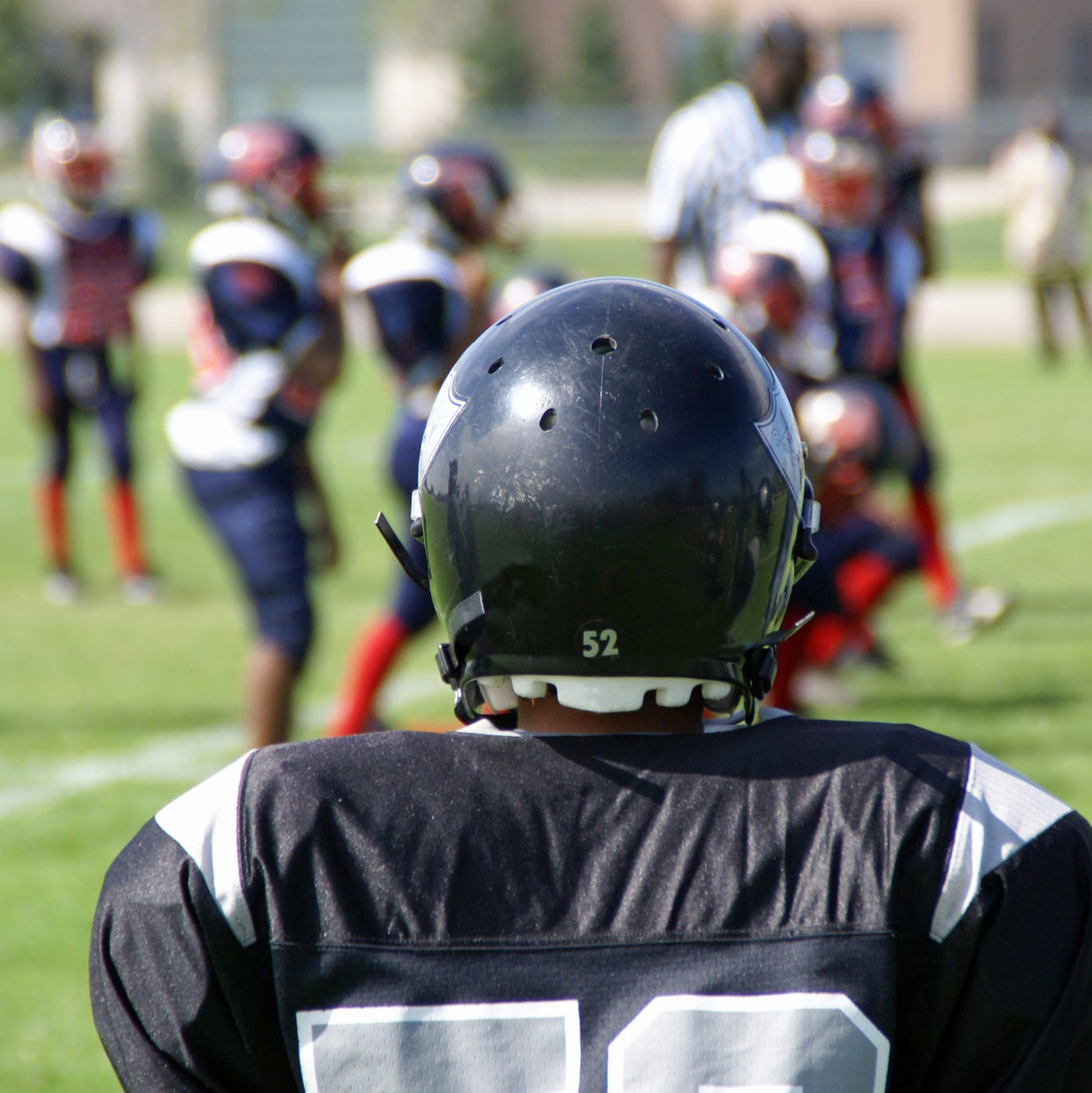

After the unexpected death of actor and comedian Bob Saget, it was found that he died from head trauma after accidentally hitting his head and then going to sleep.
It’s common to get some bumps and bruises while moving about your day, but how do you know if a head injury is serious?
We connected with our experts to break down the ins and outs of head injuries, and when you should seek emergency care.
What is a traumatic brain injury?
A traumatic brain injury (TBI) is often the result of a blow to the head or jolt of the head or body; this disrupts how the brain functions and can cause brain damage.
“Whether it’s a fall or a hit to the head, the sudden movement can cause the brain to shift in the skull, causing a bruising of the brain or stretching of a blood vessel resulting in a hemorrhage,” says Thomas Steineke, M.D., Ph.D, chief of Neurosurgery and chair of the Neuroscience Institute at JFK University Medical Center.
“Your brain is protected by several bones, but these bones are not capable of stretching to accommodate any extra pressure - that pressure is absorbed directly by the brain which can cause bleeding and brain injury,” adds Dr. Steineke. “TBI is a major cause of death and disability.”
How do I know if my head injury is serious?
Signs you should seek emergency care include:
- Severe headache
- Unconsciousness
- Vomiting
- Confusion or mood changes
- Slurred speech
- Seizures, numbness or convulsions
- Balance problems or dizziness
- One pupil is dilated
For severe injuries, emergency brain surgery may be needed to:
- Stop bleeding in the brain
- Repair any skull fractures
- Relieve pressure on the brain by either removing blood clots or opening a piece of the skull to release pressure
“Severe brain injury and death is usually associated with more severe trauma, experienced during things like a car accident or falling from a great height. While it’s important to take all head injuries seriously, you don’t need to panic for more minor falls,” adds Dr. Steineke.
Is it safe to sleep after a head injury?
“It’s a common misconception that you need to keep someone awake after a head injury. It’s not dangerous to sleep, in fact, rest is an important part of recovery,” says Dr. Steineke.
“The issue is that if you go to sleep right after an injury, you may not notice those telling symptoms like weakness in one side of the body or a seizure, which would indicate the severity of the injury,” explains Dr. Steineke.
If you’re experiencing symptoms of concussion or brain injury, it’s best to be evaluated by a health care provider before sleeping. For milder cases, you can have a family member or friend wake you periodically through the night to check on you, Dr. Steineke recommends.
How do you treat a head injury?
“If you suffer from a brain injury, your doctor will work with you to come up with a unique treatment plan that will help you ease back into your normal activities,” shares Brian Greenwald, M.D., medical director at JFK Johnson Rehabilitation Institute's Center for Brain Injuries.
Treatment for mild to moderate brain injuries include:
- Complete physical and mental rest for at least 24-72 hours
- Resuming normal activities as symptoms subside
- Gradually returning to full activity and exercise
Learn more about recovery after brain injury.
“The devastating truth is that a brain injury can be an invisible injury - you may not know how severe the damage is, as in Bob’s case, he probably thought it was minor and that he could sleep it off,” says Dr. Steineke.
“As we age, the brain literally shrinks a bit, causing a stretch between the veins on the brain that connect to the covering of the brain that’s attached to the skull. Sometimes even relatively minor head trauma can sever one of those veins causing a bleed,” explains Dr. Steineke. “Had Bob stayed awake, it’s likely his headache would have gotten worse and worse to the point that he would have sought medical attention.”
Next Steps & Resources:
- Meet our sources: Thomas Steineke, M.D., Brian Greenwald, M.D.
- CDC - Repeated Head Injury
- To make an appointment with a doctor near you, call 800-822-8905 or visit our website.
Find a doctor near me

Nervous About Your Kids and Contact Sports? Follow These Tips

Types of Headaches Explained by a Neurologist

Differences Between a Stroke and a Brain Aneurysm
